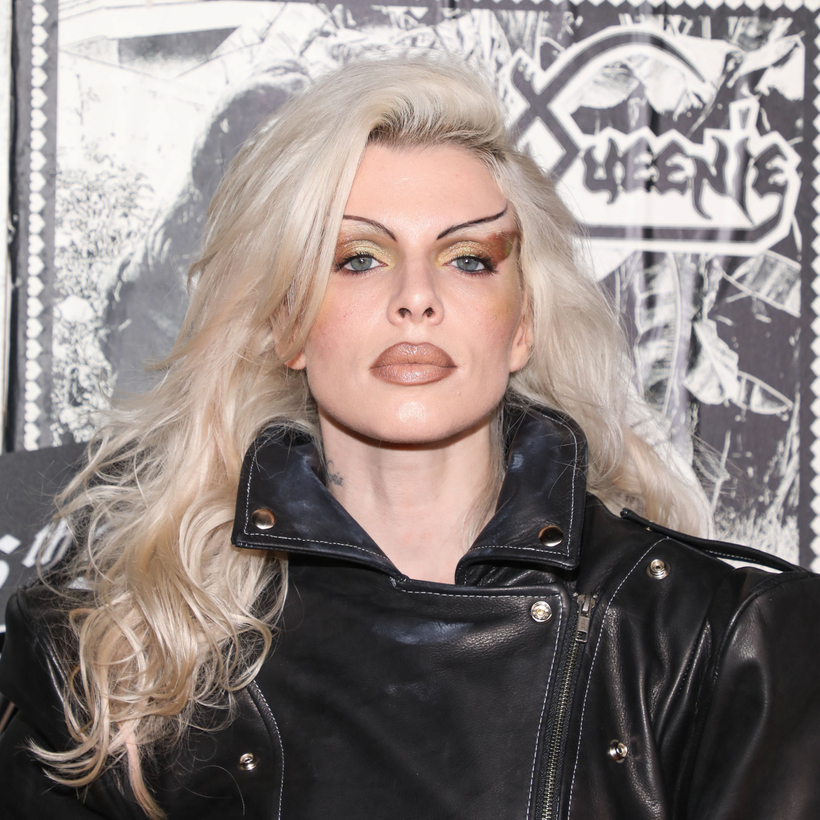When Julia Fox was 16, missing person posters bearing her face were plastered all over New York. She’d run away from home where her parents fought endlessly, often beat her and usually neglected her.
Fox’s childhood had been spent bouncing between her father’s native New York and her mother’s homeland of Italy. There’d been spells of homelessness, she shoplifted, took every drug going and had sex with often much, much older men. When she moved in with her abusive drug-dealer boyfriend, it took her parents (who thought she was in Italy) several weeks to clock her absence and inform the police.

